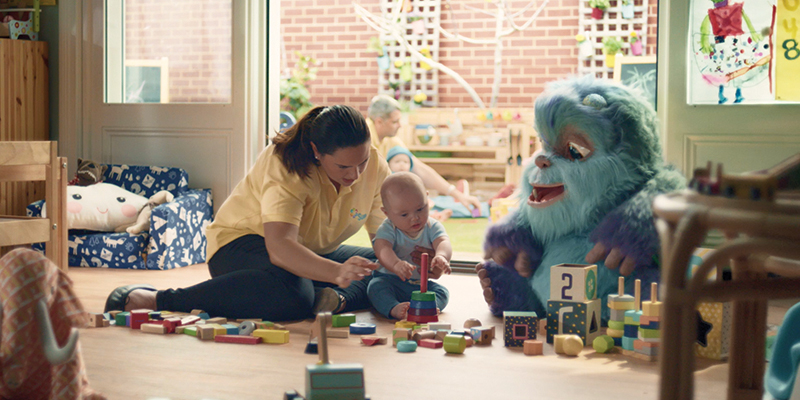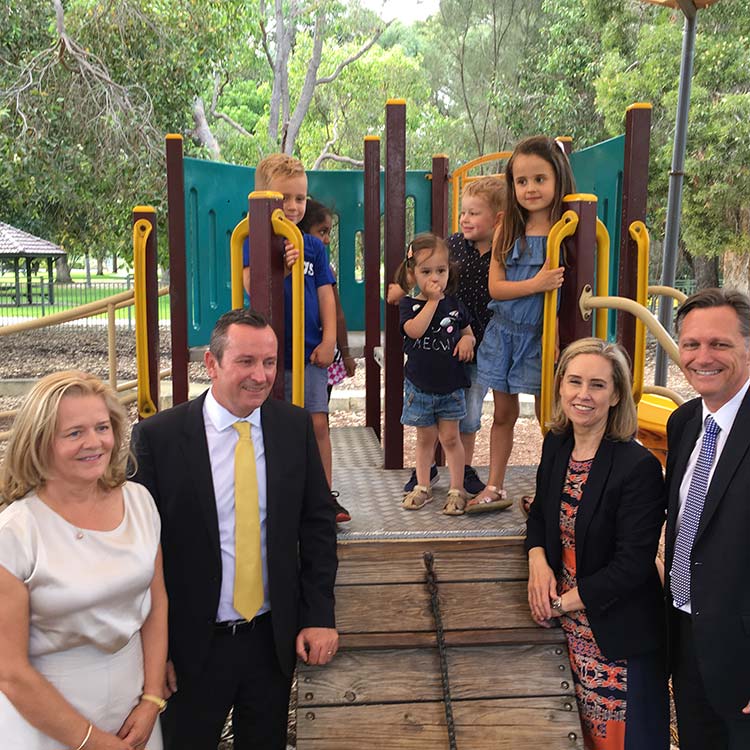Search
Research
Normative multiple-breath washout data in school-aged children corrected for sensor errorGraham Kathryn Rachel Alana Hall Ramsey Foong Harper BAppSci PhD CRFS FANZSRS FThorSoc FERS BSc (Hons), PhD BSc (hons), PhD, MBiostat BSc (hons)
Research
Causal Impact of Physical Activity on Child Health and DevelopmentThe relationship between physical activity and child health and development is well-documented, yet the extant literature provides limited causal insight into the amount of physical activity considered optimal for improving any given health or developmental outcome.
Research
Birthweight and the risk of childhood-onset type 1 diabetesWe investigated whether children who are heavier at birth have an increased risk of type 1 diabetes
Research
The early Human Capability Index (eHCI)The Early Human Capability Index is a holistic measure intended to capture early child development across diverse cultures and contexts.
Research
The ARC Centre of Excellence for Children and Families over the Life Course (Life Course Centre or LCC)The Life Course Centre is a national centre funded by the Australian Research Council Centre of Excellence Scheme and hosted through the University of Queensland with collaborating nodes at the University of Western Australia, Sydney University and University of Melbourne.

News & Events
Bobbie brings baby’s brain to lifeA lovable blue creature by the name of Bobbie has won the hearts and minds of Western Australians.

News & Events
First words: identifying risks to language developmentDaniel Christensen, The Kids Research Institute Australia Life Course Centre research fellow, explained there was rapid change in a child’s brain in the first few years of life, making their home environment and relationship with carers incredibly important.

News & Events
Grandparent education linked to grandkids’ NAPLAN resultsThe effects of educational advantage or disadvantage get handed down through the generations according to a new study by researchers at the The Kids.

News & Events
Early Years Initiative an unprecedented commitment to youngest West AustraliansMinderoo Foundation and The Kids Research Institute Australia are proud to partner with the Western Australian Government on an unprecedented $49.3 million commitment to

News & Events
Data reveals important clues about child abuse and neglectResearchers working on the Developmental Pathways Project are determined to find out what makes families vulnerable to child abuse and neglect.
